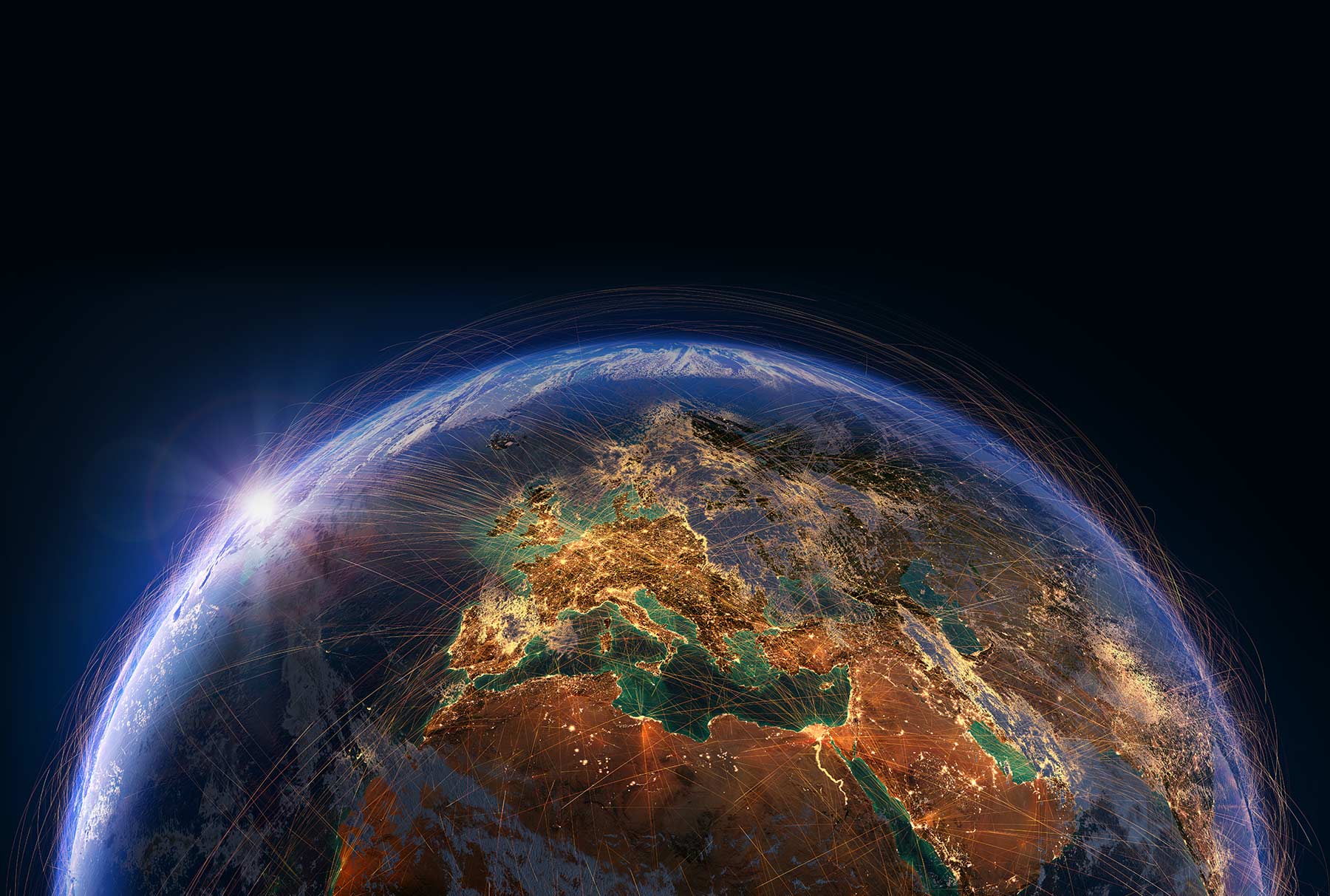About Geography at Newcastle
A dynamic and inclusive community with an international reputation for excellence in geographical research and teaching.
International reputation
Geography at Newcastle University is a premier research area with a major focus on the fields of social science and physical geography. We have gained international acclaim for our research where we focus on real-world challenges, such as climate change, natural hazards, economic development, international geopolitics, sustainability and international development.
Research
Geography at Newcastle is a world-leading centre of geographical research, impact, capacity-building and networking. Our world-class research environment enhances the abilities of all our researchers to fulfil their potential.
Study with us
Your study will come to life through a high level of exciting fieldwork options abroad and in the rich environment of the North East.
Studying Geography at Newcastle
Your study will come to life through a high level of exciting fieldwork options abroad and in the rich environment of the North East.
A Geography degree from Newcastle will give you the knowledge and skills needed for a successful future.
Top 40 for Geography - QS World University Rankings by Subject 2024
Our facilities
Our brand-new state-of-the-art laboratories form part of the One Planet project and are used for a combination of teaching and research activities. These include:
- the Project Lab, commonly used by physical geography students for dissertation research
- the Houston Lab which is a large multidisciplinary teaching lab
- the Sediment Teaching Lab
- the Sediment Research Lab
Our research specific laboratories comprise of Organic Geochemistry, Palaeoecology, and Cosmogenic Isotope labs.
We also have two walk-in cold rooms for sample storage, three outside storage facilities and a hilux 4-wheel drive vehicle.
Geography Facilities
Field equipment
Field equipment includes a range of technologies for:
- topographic survey (levels, handheld GPS, robotic total station, laser range-finders and Leica-differential GPS)
- soil and sediment sampling (corers and augers for inorganic and organic sediment, gravity and piston corers for use in lakes)
- biological and chemical analysis (aquatic kick nets, ysi water column chemistry sonde, portable hach-lange spectrophotometers, ultra-meters)
- hydrological analysis (including stage recorders, rugged digital cameras and multi-parameter probes)
We also have several boats and a UWITEC coring platform.
Cosmogenic Isotope Laboratory
Our research interests cover a wide spectrum of earth surface problems that we quantify using cosmogenic isotopes. In particular, we have worked on projects looking at:
- estimating the rates of motion of active faults
- the timing of ice sheet deglaciation and advance
- the rates and timing of fluvial incision and mountain denudation
Throughout, we always aim at gaining a better understanding of the production of cosmogenic nuclides and the corrections we applied to interpret our data.
Our capabilities include the routine extraction of 10Be, 26A1, and 36C1. We also prepare samples for 3He and 21Ne.
Analysis of samples is then performed by accelerator mass spectrometry (AMS) or mass spectrometry (MS) facilities such as Scottish Universities Environmental Research Centre (SUERC), DREAMS, Lawrence Livermore National Laboratory (LLNL) and Centre for Research and Environmental Geosciences Education (CEREGE).
Organic Geochemistry Laboratory
Geography's organic geochemistry laboratory contains two large fumehoods and a range of specialised equipment for use in organic geochemical (lipid biomarker) extraction and sample preparation.
In addition to conventional soxhlet and sonication extraction equipment we also have:
- a dedicated high-specification MARSTM microwave extraction system for extraction of organic matter from soils and sediments
- centrifuges
- rotary evaporators
- nitrogen drying facilities
- high-quality water system
- dedicated fridges and freezers for sample and extract storage
Paleoecology Laboratory
Geography’s palaeoecology laboratory is used for the preparation of palaeoecological microfossil (eg pollen, diatom) microscope slides.
Included in our sample preparation facilities are:
- two large fumehoods (with water wash down for use with acids)
- precision balances
- magnetic separators
- hotplates and water bath
- a high quality water system
- high specification centrifuge equipment for use in pollen density separation procedures
Spatial Analysis Laboratory
Spacelab is a School research facility containing high-powered desktop computer hardware primarily used for GIS and specialist software applications.
Specifically, this laboratory is used to facilitate the detailed statistical and numerical analysis of spatial data utilising specialist commercial software (ArcInfo, GRASS, Matlab, Geomapper) in addition to providing the tools for in-house software development.
The facility provides extensive (more than 2TB) network storage, allowing staff to build large-scale spatial databases, eg aerial photograph imagery (both analogue and digital) and large GPS datasets.
The laboratory also houses a large format printer (A1) to aid the production of maps together with an A3 colour laser printer. The facility also hosts a web-based spatial data server, which can be used for project result dissemination.

.png)
.png)
